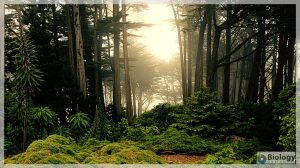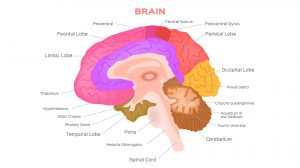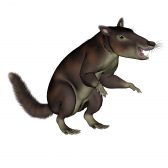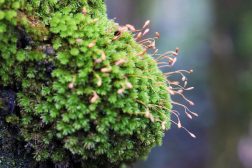Definition
noun
The state of forming of pus at the site of injury or infection, or the pus itself
Supplement
Inflammation is comprised of processes that the body employs to repair tissue injury, such as caused by burns, wounds, toxins, infections, splinters, stress, chemical irritants, and trauma. When the body suffers from severe inflammation, purulence takes place. Another term for purulence is suppuration. However, if strict usage is employed, purulence may specifically refer to the formation of pus whereas suppuration is the discharge of pus from the injured body part. Other synonyms of purulence are purulency, pyesis, pyosis, and pyopoiesis.
Purulence may also refer to the exudate (pus) itself. The body produces different types of exudates but a purulent exudate is a thick fluid comprised of dead cell debris, bacterial cells, and polymorphonuclear leukocytes (e.g. neutrophils). The polymorphonuclear leukocytes are white blood cells that arrive to the site of injury via the action of chemical mediators in order to liquefy necrotic tissue elements and destroy pathogenic bacteria. The pus may also vary in color (e.g. yellow, brown, or green).
Word origin: Latin pūrulentus (pus)
Synonym(s):
- purulency
- pyesis
- pyopoiesis
- pyosis
- suppuration
See also:
Related term(s):
- purulent inflammation
- purulent







